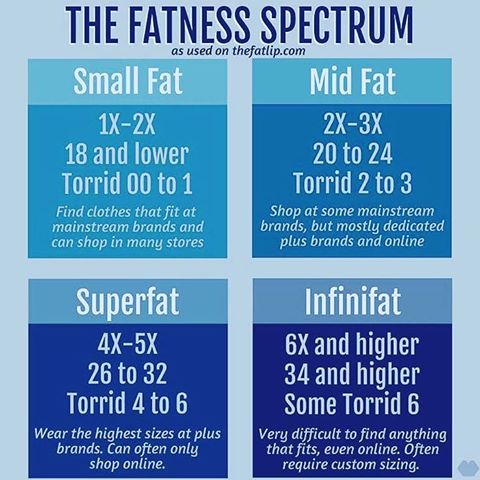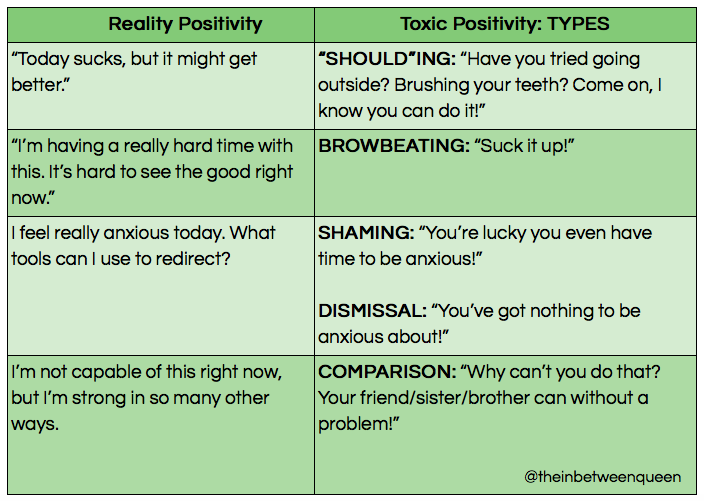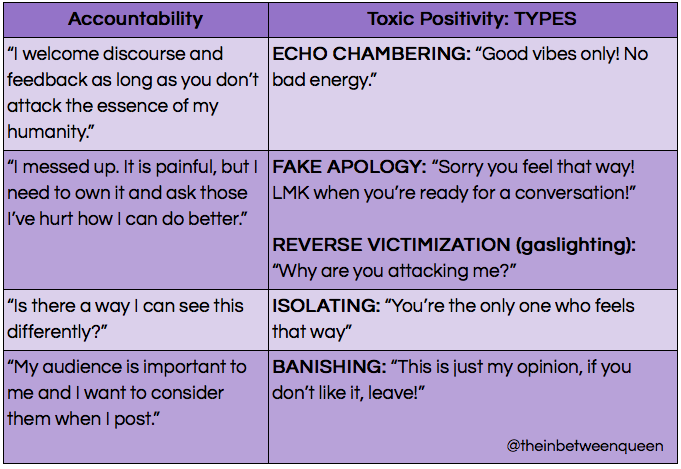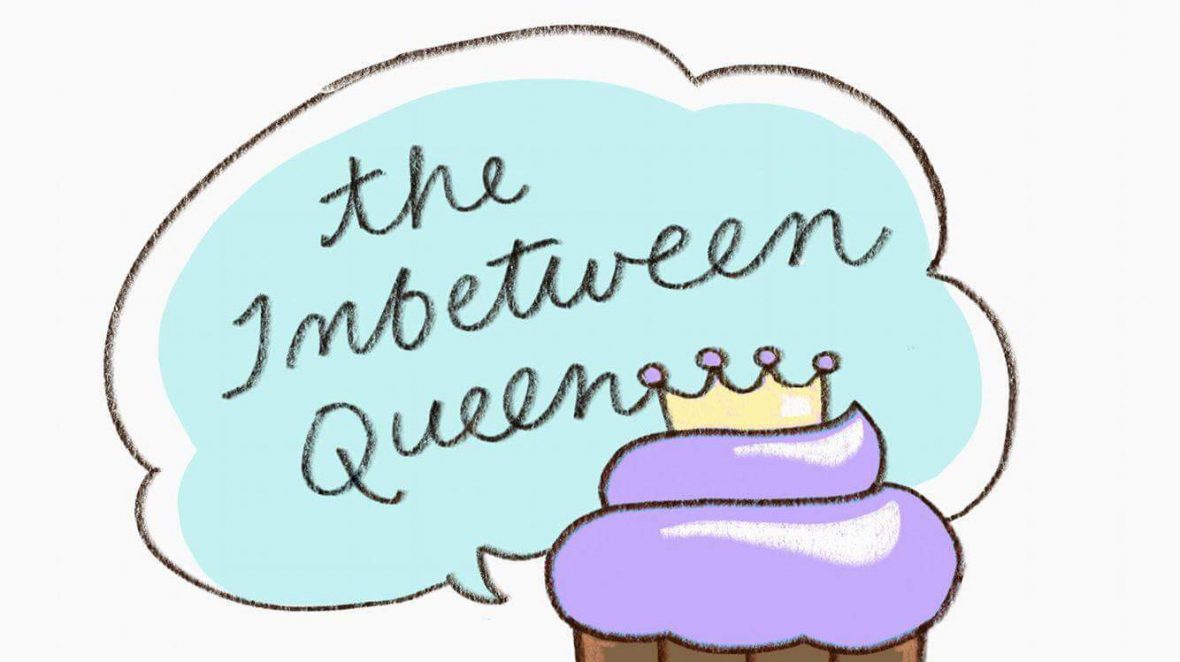Have you ever messed up?
Let’s begin with a story. A few months ago, I was part of a HAES group on Facebook that centered fat bodies. I was SUPER excited about my new yoga wheel, which would make doing a bunch of different poses more accessible to me and my size 18-20 self.
I posted a picture of me in shoulder stand on my wheel with the caption of “my fat a** doing yoga” and honestly, I realize it was–not my finest moment as an ally.
There was a mixture of messages; people equally glad for me to be able to do yoga accessibly, something that is not often seen because yoga has been co-opted by thin white bodies that make an effort to push out and not represent fat folks.
But more quickly and more frequently, I got messages and comments from people larger than me, giving me critical feedback about why yoga wheels aren’t always accessible for people who live with butts even bigger than mine; or why seeing the word “fat a**” (which I now fully recognize as a slur that sometimes reminds people of being bullied) triggered them. It wasn’t necessarily mine to reclaim from the beginning. And in my post, and in all my excitement, I managed to center myself while marginalizing other folks.
Your missteps and mistakes aren’t about you
No one was saying my body was not or is not important–but I failed to note that my body, despite its not-thinness, queerness, and not fully-ableness, is the most represented one in the “body positive” and even in the fat positive community. I failed to see that even if and when you are a fat person, you can still benefit from thin privilege without being thin. You can still be affirmed as a “good fat” by the society we live in; the very same one that preaches that thin is healthy, thin is virtuous and good, thin is best. Because smaller fat people are closer to being thin than people who are, say, “infinifat”; and they are given more social currency because they “fit.” And I don’t mean to say “they,” like I’m not one of them. I am.
Neglecting to put a TW or a CW (trigger or content warning) stirred up a lot of feelings for a lot of people–put me in contact with the moderators–and left me feeling defensive. I did not want to have to mark and label my own body as “triggering”, especially after fighting with it for almost two decades through binge eating, restricting, dieting and exercise abuse.
I fought and fought and fought with people for my own worth and validity–had over 400 comments directed at me, my message, and some even at my body. These were hurtful and painful and did a really, REALLY huge number on my mental health for a few weeks. I had to grapple with the fact that I had hurt people, no matter how unintentionally, and not try to level the playing field with hurting them again even if they were hurting me back.
Comments like “someone the size of one of my legs pretending they have the same experiences as me is laughable” — objectifying me and sticking into my head over and over again, awakening my eating disorder for the first time in what would have been months.
Then came the supporters, who I didn’t ask for–less nuanced in the social justice aspect of fat politics–who would post and then dip out of the group in ‘solidarity’ with me; and I began to feel like these people were giving me a representation that wasn’t true to who I am. They were supportive, and well-meaning; but misguided in some areas of this language and this work. This is where it got even more stressful.
The “all lives matter” rhetoric coming from those who share equal marginalization with me as a 2X/3X sized person was really disappointing–I didn’t and do not stand by it and it was uncomfortable that it even went to that space.
I had to shut it off for a while after so many conversations with the moderators about reparations, my errors, and my own feelings of being disrespected. I was SO uncomfortable and scared and wounded — and sitting in my own place of reference waiting for someone to patch me up and dust me off and tell me I was 100% right and demanding emotional labor from others — something I have learned better than to do, honestly.
It would have been so easy to frame this in the narrative that ‘callout culture is toxic,’ but that waives my accountability and my need to center and repair my relationships with those who experience a lot more difficulty in their life from a psychosocial space than I do.
I am a tremendous believer in the idea that impact ALWAYS outweighs the intention of our actions. We can mean well, but if we harm people, we are ultimately responsible for that. I drafted an accountability post a few weeks after this happened, in an effort to repair the emotional viscerality of the situation, but my mental health and consulting with the admins kept me from posting it to the group.

“Small fat” privilege definitely makes up a lot of the voiced experience in many of the movements that body positive or body neutral people have access to, and this itself is not ideal. I want to do my best to be a better ally and simultaneously voice my experiences as an “in-between fat” person (because the current “measure” doesn’t really describe me well), and hopefully somewhere along the way, others can identify with holding space for their in-betweenness–at the same time, I want to stand out of the way so that bodies that don’t look like mine can speak, move and do the work that they need to do to free themselves without sizeism, healthism, or fatphobia. Centering less normative voices is an action–one of many–that can counter the “white and slim thick is normal, nothing else” that goes on on the internet. Nobody is free until we all are. Education on how to do this is not owed to me, but I am absolutely willing and ready and eager to be told where to position myself in this process.
The amount of gratitude there is to express for dialogue; past, present, and future, is boundless. My deepest apologies for harm done and for all that I have neglected to do in this learning process.
That being said…
One thing that I refuse to do is to drown out the voices that hold me accountable with toxic positivity. In the past, I’ve justified and made excuses, but toxic positivity is something that seems to be replacing ‘callout culture’ and it isn’t for the better. I see this mostly among able-bodied, small fat, white, cis/heteronormative writers and influencers–and it’s far more toxic than ‘callout culture’ itself.
Toxic positivity is a term that comes from the mental health realm, in addressing stigma associated with mental illness. It looks like those well-meaning messages and words of good intention that come from people who don’t share your experience or have no idea what they’re talking about. They offer suggestions like “have you tried going outside”, tell you about how kale or pilates saved them from depression or start a lot of sentences with “should.” Know the type? The friends and family who are just trying to make you feel better about being anxious or depressed, but are really just adding to the stigma, incompetence, self-doubt, frustration or stress you feel if you experience symptoms of a mental illness.

Toxic Positivity in Accountability Culture is Similar
What I mean by “toxic positivity” when it comes to responding to your audience is responding to accurate, valid or critical thought and criticism/feedback with “you’re being negative,” or “positive vibes only!” and other such language. What this does is ultimately silence and dismiss the person who might be trying to help us learn and grow as an influencer and an ally. Toxic positivity demands only affirming or validating responses from those in its circle, and sometimes literally blocks out the rest and dismisses them as “haters.”
But our ‘haters’ can often teach us about what we need to do to be better, and they don’t owe it to us to be kind or gentle about it–especially if our actions are harmful to them. You might come out of a mistake a little (ego) bruised. But. you grow through what you go through.

Being called out, confronted, or asked to pass the mic is uncomfortable and immediately launches people into the defensive–I know that from my own experiences of screwing up, and not just in the time I mentioned; it has often been uncomfortable for me. At the same time, it has also shaped me. This goes for my interactions about race (because I have a blind spot as a white person), gender identity (because I have a blind spot as a cis person), and disability (because I have a blind spot as an able-bodied person. It’s no one’s job to hold my hand and educate me, but it is my job once I have been told how a certain view, voice or amount of space I am taking up on other peoples’ behalf or at their expense is harmful to them–to educate myself and not demand anything from anybody until I know how to act right.
I have no reason to apologize for my body, but I do have to apologize and make right on it if I force people to hear what I think, see what triggers them, or listen to words that are harmful to them without their consent. I don’t just get to tell people to “stop following me” if something I do or say triggers them–because it’s my responsibility as a justice-oriented person, activist and feminist not to perpetuate the same messages that do harm to marginalized people whether they follow me or not.
It is, first and foremost, a privilege to be able to say any of the above toxic positivity responses–because it means likely not having had to think about the person who’s experience one is responding to. That is the essence of privilege–not having to think about it. And calling folks out isn’t necessarily toxic–individuals who call out can become toxic when they start attacking others’ humanity and forgetting that there’s a person on the other end of the listening session, but the act of calling someone out for being less than mindful is, imo, perfectly acceptable in a world or in a learning community that prioritizes justice and representation. The only thing that will make that justice restorative is time, and a whole lot of listening. And that’s what these ‘conversations’ (which can sometimes look and sound and feel confrontational or tense) should look like–listening sessions, where the privileged listen and the marginalized speak about harm done and reparations to be made.
